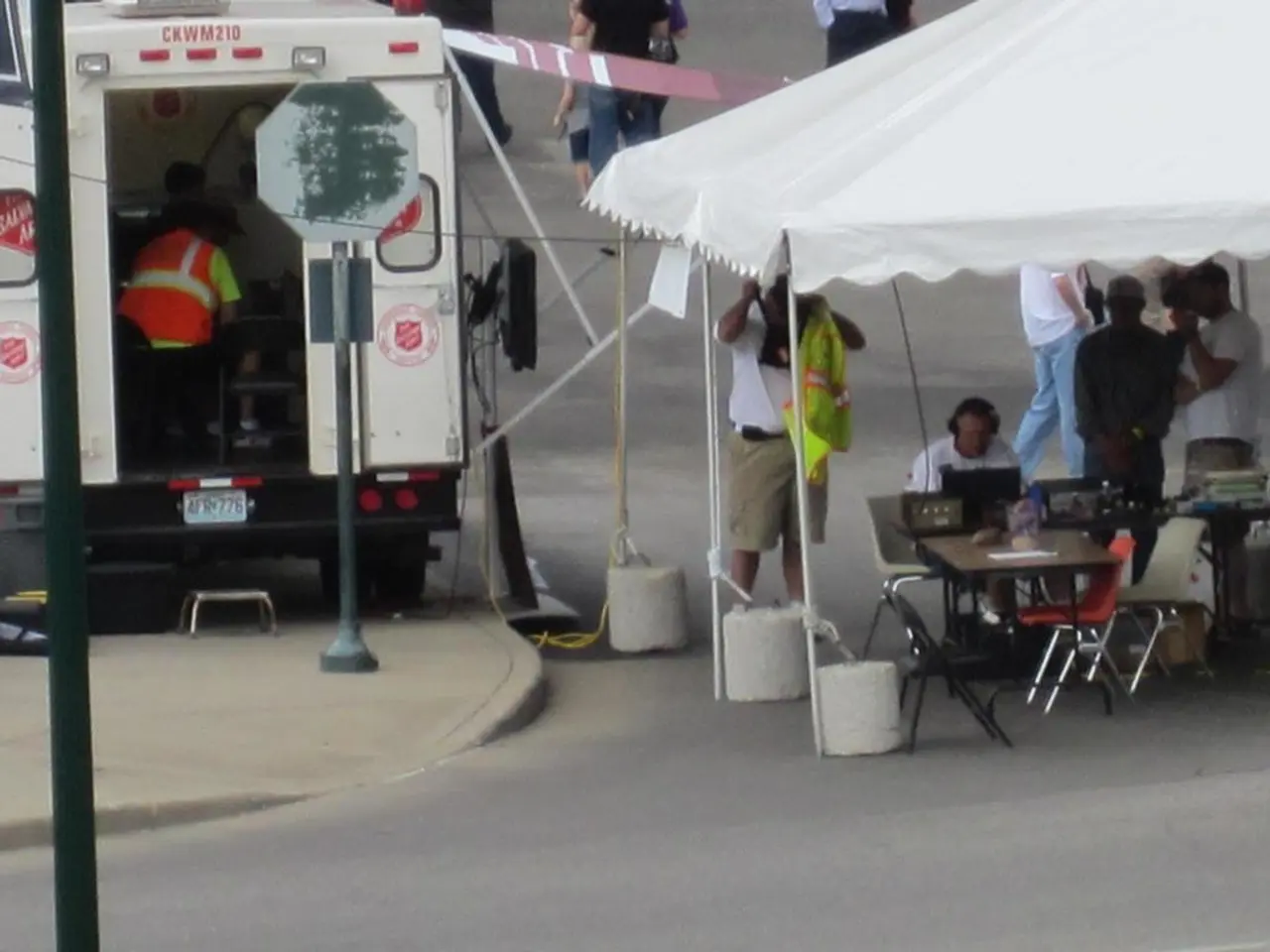Guidelines for Elderly Travel: ensuring a hassle-free and secure journey!
Travel can be one of the most fulfilling activities for seniors during retirement, offering mental stimulation, emotional fulfillment, and physical health benefits. This guide aims to help seniors plan safe and fulfilling travel experiences, focusing on love, respect, and the belief that adventure doesn't have an expiration date.
Destination Selection
Choose locations that do not require excessive walking or challenging terrain, such as cities with senior-friendly transport options or cultural sites with easy access. Examples include Hoi An or Da Lat in Vietnam. Avoid overcrowded spots and areas where safety might be a concern.
Accommodations
Look for accommodations with senior-friendly amenities, such as elevators, grab bars in bathrooms, on-site medical support, or easy access to healthcare facilities.
Packing
Pack all necessary medications, vitamins, and health essentials along with comfortable footwear and clothing. Important personal documents (passport, visa, insurance cards) should be carried in multiple formats, both physical and digital.
Mobility Assistance
Coordinate with travel providers or accommodations regarding mobility aids, such as wheelchairs or walkers. Use reliable and comfortable transportation services recommended for seniors.
Food and Hydration
Seniors should maintain a balanced diet rich in fruits and vegetables and stay well-hydrated. When traveling abroad, seek out senior-friendly food options and ask local contacts for recommendations to avoid dietary issues.
Travel Insurance
Obtain comprehensive travel insurance that includes medical coverage, trip cancellation, and emergency evacuation to safeguard against unforeseen health events or travel disruptions.
Communication Tools
Provide seniors with user-friendly communication devices like smartphones equipped with emergency contact apps and ensure they have accessible emergency numbers and family contacts.
Preparation
Involve seniors in planning decisions early—ideally six months ahead—to accommodate any special needs and allow time to arrange support services. Coordinate with healthcare providers before departure for medical clearance, vaccination advice, and health management plans during travel. Establish a reliable support network involving family or carers, and discuss plans openly to ensure all aspects, from health to transport logistics, are addressed.
Additional Tips
- Solo senior travel is more popular than ever. Encourage your loved one to join senior travel clubs or small group tours geared toward older adults.
- A basic international cell plan or portable Wi-Fi device keeps seniors connected while traveling.
- Seniors tend to feel cold more easily, so light layers, a compact travel blanket, and a breathable waterproof jacket are recommended.
- Long flights, warm weather, and busy days can lead to dehydration fast, encourage seniors to carry a refillable water bottle and take breaks for sips often.
- Travel offers mental stimulation, emotional fulfillment, and physical health benefits for seniors.
- Medications should be packed in carry-ons, not checked luggage, for seniors.
- Medical alert devices can offer seniors independence while giving their families peace of mind.
- Packing the itinerary too tightly can wear out older travelers, so plan rest days or open blocks of time.
- Some insurance providers also recognize and support the use of medical alert systems while traveling, especially GPS-enabled ones.
- Seniors often have specific dietary needs or need to be extra careful about hydration.
- Airlines and train operators usually offer wheelchair services and pre-boarding options for seniors, but it's important to call ahead.
- If traveling abroad, make a note of nearby hospitals or clinics just in case.
- Google Maps, ride-share services, and translator apps can help seniors feel more in control and reduce confusion.
- Travel insurance is essential when an older traveler is involved, look for plans that cover medical emergencies, lost medications, and trip interruptions caused by health issues.
- When booking accommodations for seniors, consider amenities like elevators, grab bars in bathrooms, and a 24/7 front desk.
- Compact travel canes, folding stools, or collapsible walking poles can be great additions for seniors.
- High-sodium or high-fat meals can trigger issues for seniors, so it's important to balance indulgent meals with lighter ones.
In the process of planning a safe and fulfilling travel experience, seniors should also consider accommodations that offer senior-friendly amenities, such as elevators, grab bars in bathrooms, on-site medical support, or easy access to healthcare facilities (Accommodations). Additionally, while traveling, it's essential to maintain a balanced diet rich in fruits and vegetables and stay well-hydrated, particularly when eating senior-friendly food options and staying away from overcrowded spots and areas with safety concerns (Food and Hydration).




